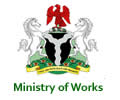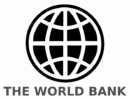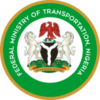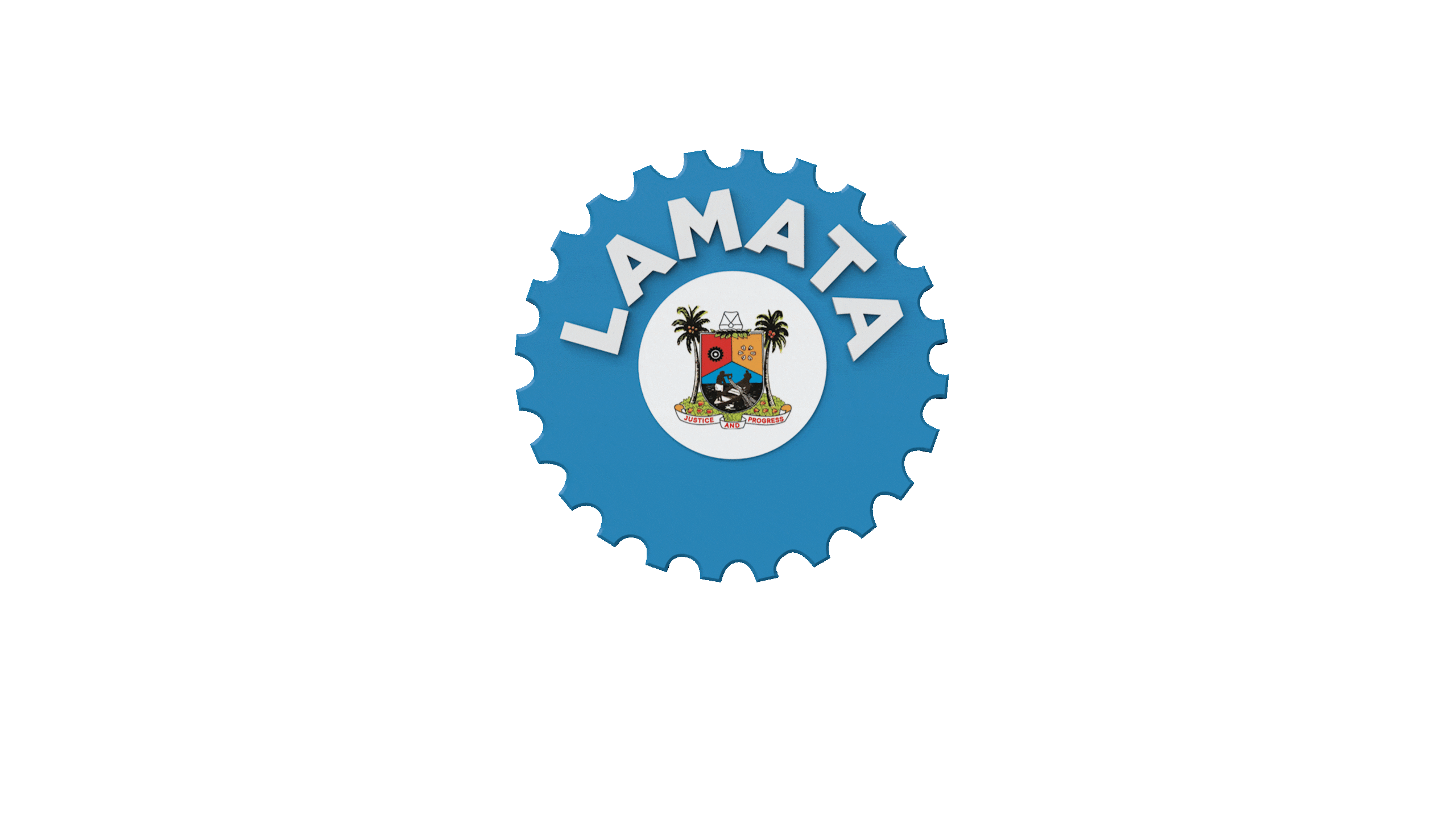

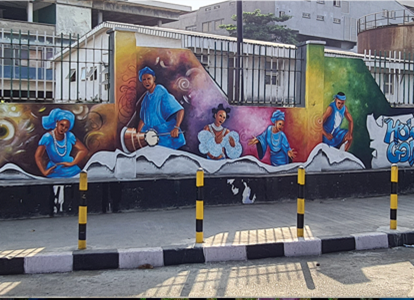
1. GiZ partner on NMT
LAMATA partner with the German Agency for International Development (GIZ)
LAMATA in partnership with the German Agency for International Development (GIZ) Transformative Urban Mobility Initiative (TUMI) program and Walk21 Foundation based
in the United Kingdom, has implemented a sidewalk pilot project on Catholic Mission Street/Tafawa Balewa Square (TBS), Lagos. This is in consonance with the new Lagos NMT policy approved by Governor Babajide Sanwo-Olu. NMT prioritizes the movement of people (walking and cycling), rather than the movement of cars, through an infrastructure
Investment program focused on developing a continuous network of sidewalks and cycle lanes. The picture shows a section of the sidewalk project.
2. UNEP partnership on policy
4. Agence Française de Developpement (AFD), is funding LAMATA’s projects, including Quality Bus Corridors and interchanges at Marina and Mile 2
The construction of two interchange hubs at Mile 2 and Marina commenced today with the groundbreaking ceremony performed by the Lagos State Commissioner for Transportation, Mr Oluwaseun Osiyemi leading Agence Francaise De Developpment (AFD) and the the Lagos Metropolitan Area Transportation Authority (LAMATA) officials at the event.
“The interchange project aims to improve public transportation in Lagos by integrating different modes of transportation and providing seamless connectivity among rail, water and road transportation,” the statement read in part.
Speaking at the groundbreaking event, Mr. Osiyemi highlighted that the project will significantly benefit Lagos residents by reducing journey times and seamlessly integrating various transport modes.
He also noted that the construction of these two interchange hubs aligns with the T-pillar of the Lagos State T.H.E.M.E.S+ development agenda, which emphasizes traffic management and transportation within the state.
The statement also revealed that the project is funded through a credit from the Agence Française de Développement (AFD) along with counterpart funds from the Lagos State Government.
AFD’s Country Director for Nigeria, Mr. Xavier Muron, who attended the groundbreaking ceremony, explained that AFD’s investment in key transportation projects, including the interchange hubs and the Quality Bus Corridors, aims to address the longstanding challenges of the first and last mile of transportation in the state.
Muron emphasized that these hubs will be a game changer for the Lagos transportation sector once completed, the statement further revealed.
“We can’t wait to see the impact of these hubs, which are set to be a game changer in the transportation sector of Lagos State,” he said.
In addition to funding the construction of the interchange hubs at Mile 2 and Marina, AFD is also providing financial support for the Quality Bus Corridor (QBC) projects across the state.
The QBC project consists of three phases: QBC Package 1, QBC Package 2, and QBC Package 3. These packages are designed to integrate within existing road corridors, enhancing bus movement with priority signals at laybys and intersections.
Currently, the focus is on QBC Package 1, which spans 8.7 kilometers from Yaba to Cele along the Oshodi-Apapa Expressway.
About a month ago, the Lagos State Government announced the latest development for QBC Package 1: the revalidation and valuation process for structures affected by the planned 8.7-kilometer corridor had begun. This process is to ensure that all property owners impacted by the project are duly compensated.
The subsequent phases, QBC Package 2 and QBC Package 3, will extend from Iju Ishaga to Abule Egba and from Iyana Iba to Igando, respectively.
5. AFDb
The Lagos Metropolitan Area Transport Authority (LAMATA) is exploring a partnership arrangement with the African Development Bank (AfDB) Group to develop another rail line.
In a statement on Thursday, Kolawole Ojelabi, the head of corporate communication at LAMATA, said the AfDB recently visited the transport agency to explore potential areas of collaboration.
The red line rail officially commenced commercial operations on October 15, 2024, after its inauguration by President Bola Tinubu on February 29 of the same year.
Estimated to ferry 500,000 passengers daily, the red line is expected to inject efficiency into Lagos’ transport system and complement the blue rail line, which has be
But the state is seeking to expand its rail transport system and is currently seeking investment valued at $1.9 billion for the purple and green rail lines. Both projects are under the Lagos rail mass transit (LRMT) scheme.
Further speaking on the lender’s visit, Ojelabi said Solomon Quaynor, the AfDB vice-president for private sector infrastructure and industrialisation, expressed the bank’s interest in partnering with LAMATA.
“Quaynor was also in the company of Mr Mayowa Ayodele, Non-Sovereign Operations and Private Sector Equity Specialist, ahead of a visit of the technical team to assess the Purple line,” Ojelabi said.
Advertisement“The visit follows a recent pitch for investment on 60-kilometre Lagos Rail Mass Transit (LRMT) Purple Line at the African Development Bank forum in Morocco, where the Lagos delegation was led by Governor Babajide Sanwo-Olu.
“This is to further discuss collaboration on the project and other lines outlined in the Lagos Strategic Transport Master Plan.
“The delegation toured the LRMT Blue Line and expressed satisfaction with the progress of the Blue Line rail system.”
The statement said the AfDB team received a warm welcome from Abimbola Akinajo, the managing director of LAMATA; Olasunkanmi Okusaga, the director of rail transport; Kemi Williams, a consultant on policy and programme; and Kolawole Ojelabi, the head of corporate communication.
6. SLR partnership on equality
The first EMPOWER project’s initial objective was to help make a change in the existing processes regarding sexual harassment and gender bias in the transportation sector in Sub-Saharan countries. It built the capacity of transport professionals to deliver gender-equitable, inclusive transport with improved participation, diverse sector workforce as well as safety and personal security. It specifically addressed the causes of sexually-related harassment and assault on women and girls when they travel.
The principal output was the SHE CAN Tool: Sexual Harassment Engagement – Changing Attitudes meeting Needs. The SHE CAN Tool (https://shecan-tool.info) offers stakeholders the necessary resources to identify and tackle sexual harassment in public transport through data collection methods, interventions and case studies. Categories include: new laws; policing and surveillance methods; infrastructure design; campaigns and education; vehicle design and improvements to management practices.
The EMPOWER II project has delivered an integrated programme of stakeholder mapping, engagement, training, workshop, data collection, pilots and roadmaps focusing on impact-driven measures, inspired by the SHE CAN Tool and its resources. This has involved cross sector stakeholders in countries across sub-Saharan Africa: known as the National Contact Points (NCPs), who have in turn engaged dozens of further organizations in their nations. As such the project has successfully increased the innovation, awareness and application of the tool
The EMPOWER Final Report presents the activities, outputs and impacts from the project. It also contains new research findings.
The project has produced and uploaded three videos to show how the SHE CAN Tool has been successfully deployed in the formal and informal public transport sectors in Nigeria. This has helped to communicate its rationale across the continent and the videos have received 400 views via the EMPOWER project YouTube channel.
The social media dissemination actions have received nearly 500 views of the project’s LinkedIn posts concerning events, blogs and research findings. The project’s external-facing dissemination body, the Project Reference Group, has expanded from 140 to 250 participants across seven sectors, representing 16 LMICs, boosting project learning more widely.
SHE CAN Tool training workshops have been delivered in 7 NCP countries welcoming 162 participants who are now equipped with the knowledge to use the tool to tackle sexual harassment in public transportation.
Such action has especially been seen in seven NCP countries: Ethiopia, Ghana, Kenya, Nigeria, Sierra Leone, South Africa and Zambia where they have used the tool and its resourced to deliver passenger surveys and focus groups, improve management practices of transport operators, improve reporting mechanisms for Gender-Based Violence (GBV), deliver advocacy and awareness raising campaigns, deliver training programmes for transport authorities and draft policy recommendations for the attention of transport ministries.
In Nigeria alone, Lagos Metropolitan Area Transport Authority (LAMATA) has launched a Gender Equality Plan which is increasing recruitment of female bus drivers, conductors and ground staff. It has also integrated the SHE CAN Tool resources into ISO Management Systems and delivered SHE CAN Champions across the company to raise gender awareness at management levels. Nana Girls and Women Empowerment Initiative has deployed EMPOWER research findings to design and deliver an awareness-raising programme to 44,000 students across 20 secondary schools in the state of Kebbi, teaching them how to avoid harassment while travelling to and from school when using informal transport.
The project proved the value of the ‘Train the Trainer’ approach to capacity building. Whereby a single virtual workshop first trained up 10 trainers (the National Contact Points) on the SHE CAN Tool. With this knowledge and a supporting slide deck, these 10 trainers then held physical workshops a few weeks later with key local and national stakeholders to present how to use the tool and the rationale behind it. Within the space of six weeks, 150 people were empowered to deliver actions across ten countries in sub- Saharan Africa. This should be a recommended approach for the efficient deployment of resources in other development programmes.
Thanks to the formulation of the roadmaps by the NCPs, each country has a forward-facing programme of activities to consolidate and advance the progress made in terms of stakeholder engagement, awareness-raising, training and education, vehicle and urban design, management processes and policymaking. These activities have been identified in collaboration with their respective stakeholders and so benefitfrom already having broad support. The same stakeholders have received training on the SHE CAN Tool and so are well placed to use its resources in the delivery of these roadmaps.
The project and tool have been showcased at high-profile international conferences including: AfDB Transport Forum in Abidjan; Southern African Transport Conference in Pretoria; COP28 Greener Transport must be Inclusive in Dubai; and Powering Change Conference in Cape Town.
The successful uptake in several African countries through the train the trainer model has the potential to be refined and applied in other regions internationally. The six step process for engaging and building capacity amongst the National Contact Points – including the train the trainer programme – proved effective. This should be a recommended approach for the efficient deployment of resources in future development programmes: whereby one workshop with ten NCPs, then leads to ten workshops with fifteen national stakeholder participants each on average, quickly produces 150 engaged actors in the desired field.
Finally, the project has committed to the long-term hosting of the SHE CAN Tool online (by securing its URL domain) hence continuing to offer free access to users for many years to come.




